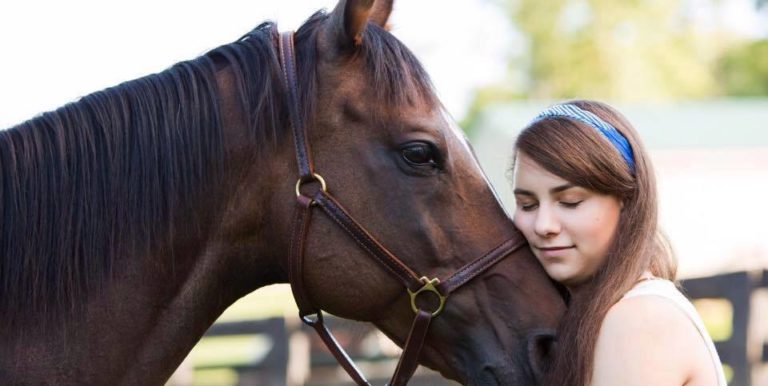Two years later: how our fundraising strategy changed overnight

It’s been just over two years since the world shut down on March 13, 2020. Looking back, I vividly remember how it felt when life was put on pause and in-person activity was not an option. Adding another layer of fear and uncertainty was the fact that our organization, Lucky Orphans Horse Rescue (LOHR), largely depended on in-person events to survive. COVID-19’s arrival and social distancing meant a huge loss of revenue. My team of 12 and I wondered: how long would this go on and how long could we survive without our main funding stream? Would we be able to maintain our operations, or be forced to shut down? Would the government help us? How would our donors respond? We were overwhelmed by these questions combined with the work it took to maintain a herd of horses, with no events or public programs.
Getting creative to find crucial funds
LOHR rehabilitates horses and connects them to people in the community who benefit from equine assisted therapy, including people on probation, victims of domestic violence, first responders, foster children, veterans, and others. Before the pandemic, we hosted 2,200 guests a year on our 42-acre horse sanctuary in Dover, NY. Our farm is like a hospice for unwanted horses who have been rescued from abuse, neglect, starvation, and abandonment due to retiring from being ridden. When the pandemic hit, we had 53 horses, with each horse costing about $8,000 a year to care for. That comes to about $424,000 a year in horse care including the costs of maintaining our land, office, staff, and programs. We had to figure out a solution, and very quickly, since our horses’ needs didn’t pause with the pandemic’s arrival.
We had no time to plan, so we got creative and looked for alternative revenue sources. Our grants manager, Dawn, was determined to maintain operations. She knew first-hand how important our work was to the community: her daughter had previously participated in LOHR’s programming and credits it as the key to her survival. Like most nonprofits, we have limited staff and bandwidth and wanted to pursue efforts that had a good chance of success. We started out with the premise that if we could find the people who care about the kind of work we do, and have a history of funding it, we could make a compelling case to give.
With that approach emerging as our new fundraising strategy-in-progress, Dawn logged in to Candid’s Foundation Directory to find these funders. Fueled by passion for our mission, she made lists of the most likely supporters and then got to work, sending out 300 letters of intent (LOIs) to potential funders in New York with an interest in horses. This all happened within March 2020.
We started to get positive responses and knew we had gone in the right direction with our fundraising strategy. Eventually, our LOI push helped us find LOHR’s largest funder, who we had no previous experience with. They generously decided to make a $125,000 donation (representing approximately 20% of our yearly budget). Our relationship with this funder continues to this day and they have become a key asset to our organization. This shift in funding from in-person events to major gift solicitations not only kept our work alive, it also helped us explore a more sustainable, long-term funding model.
Lessons learned
While the pandemic presented LOHR with many challenges, it pushed us to revisit our fundraising strategy and create a new approach that we plan to adopt permanently. My advice to other organizations in similar positions is don’t give up! It may sound simple but allow yourself to be creative and try new ways to fund your programs. Some will succeed and some won’t, but persistence and resilience is what kept us going in the most challenging of times.
Lucky Orphans Horse Rescue is a proud 2022 Platinum Seal of Transparency owner. To learn more follow us on Instagram, Facebook, TikTok, and YouTube.







Park+ says:
Very well written, thanks for work you are putting in